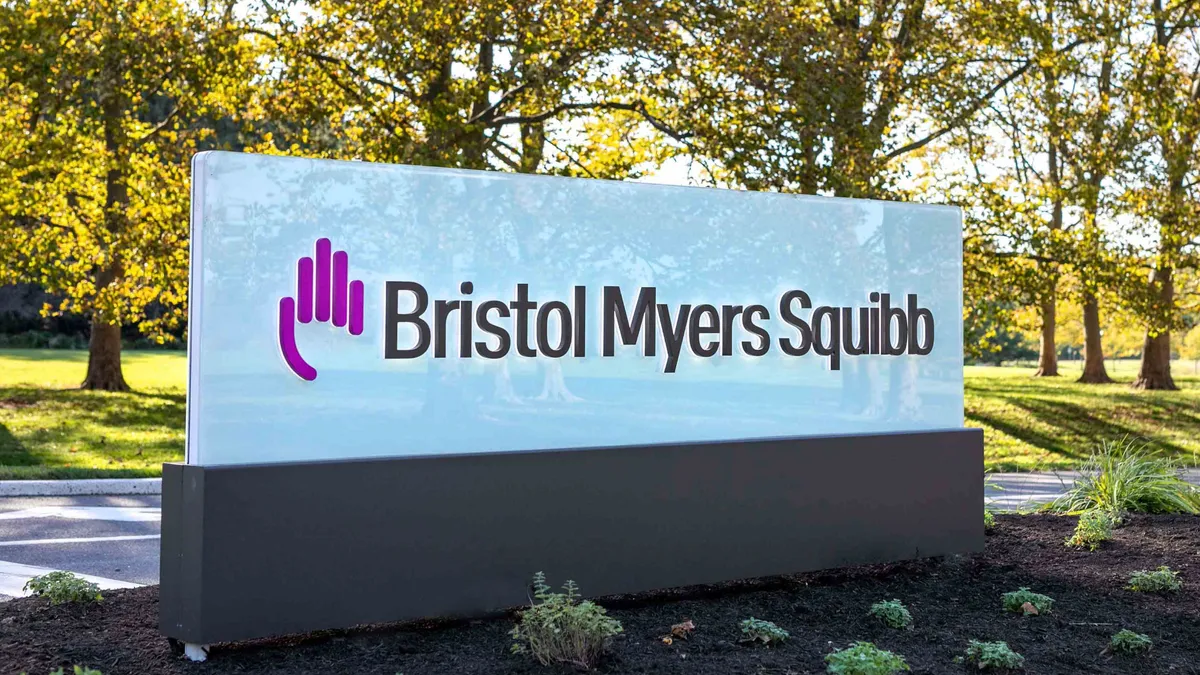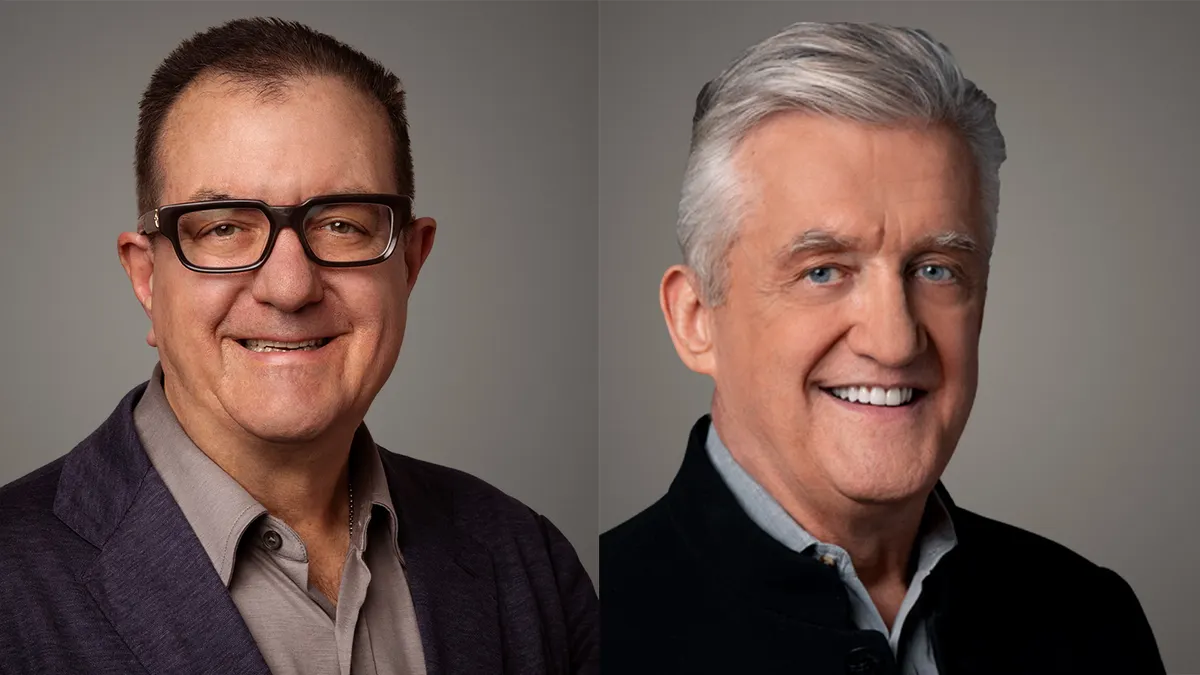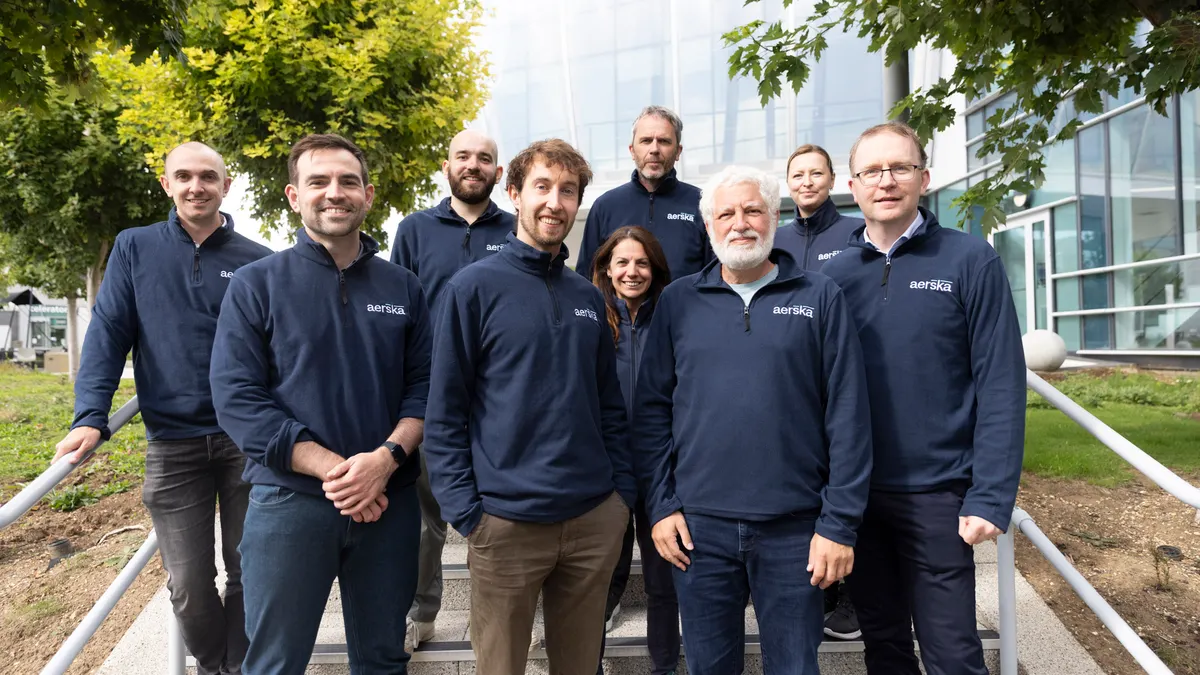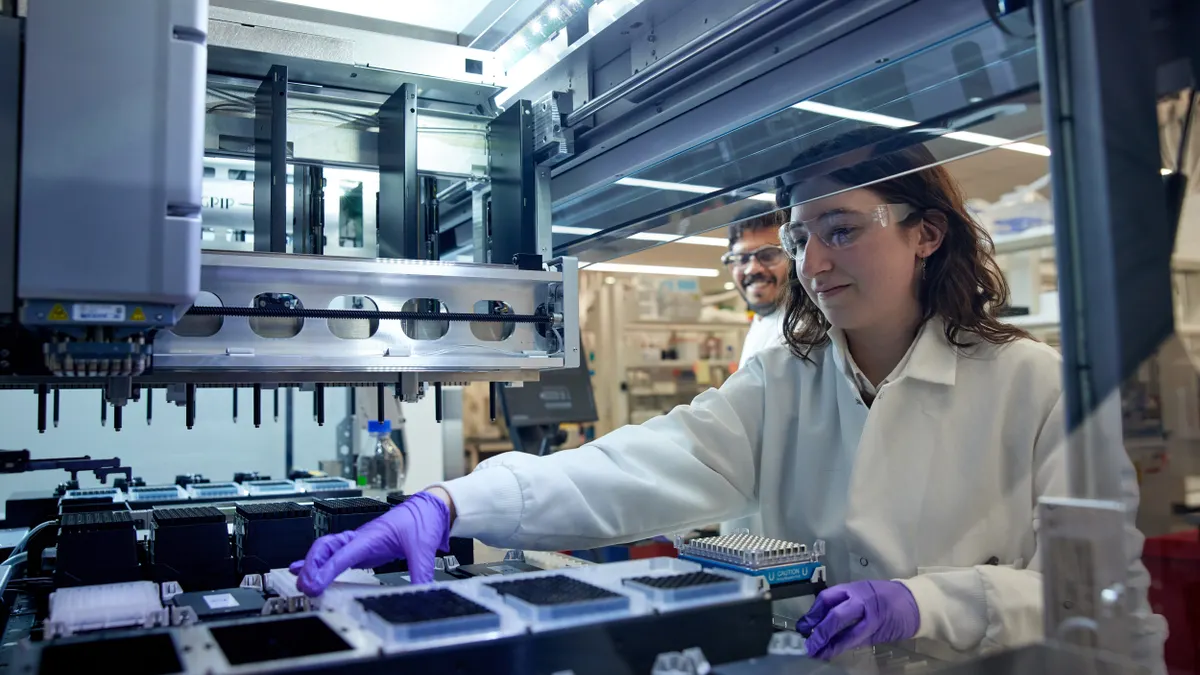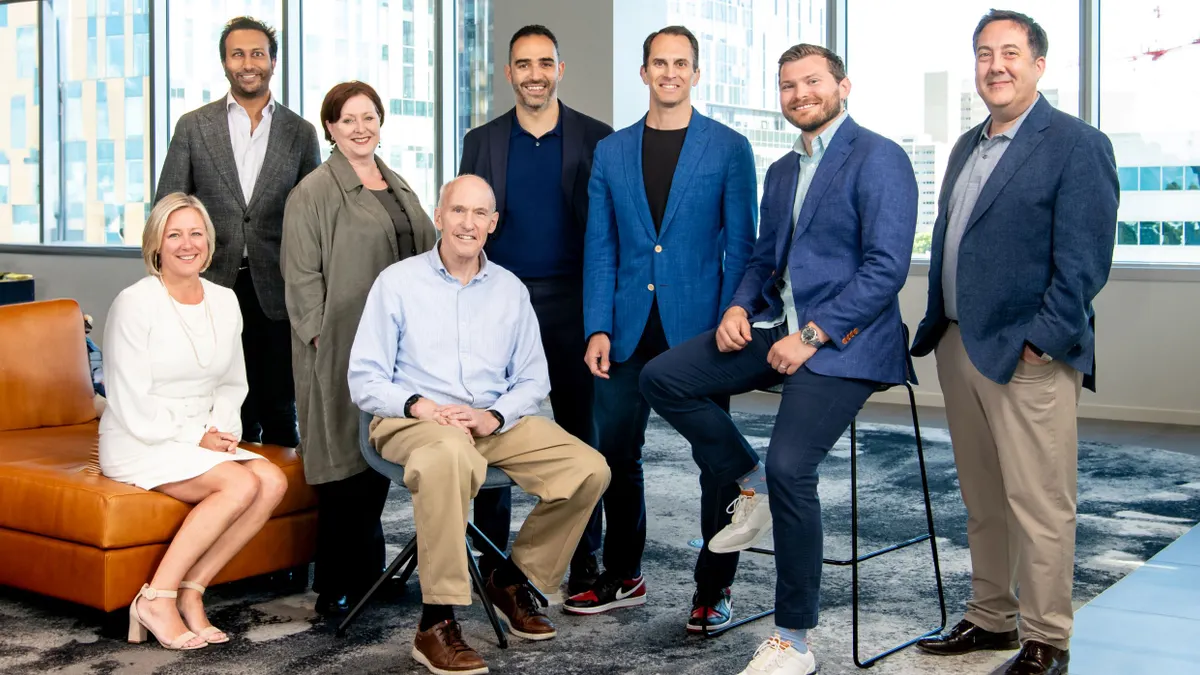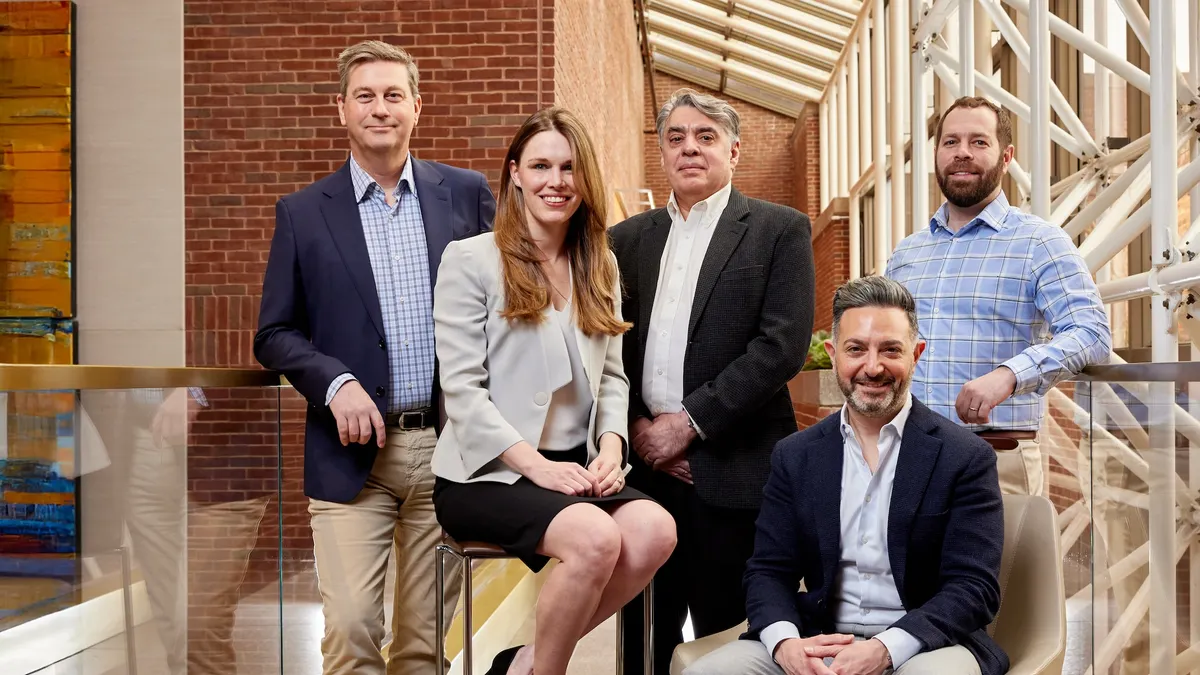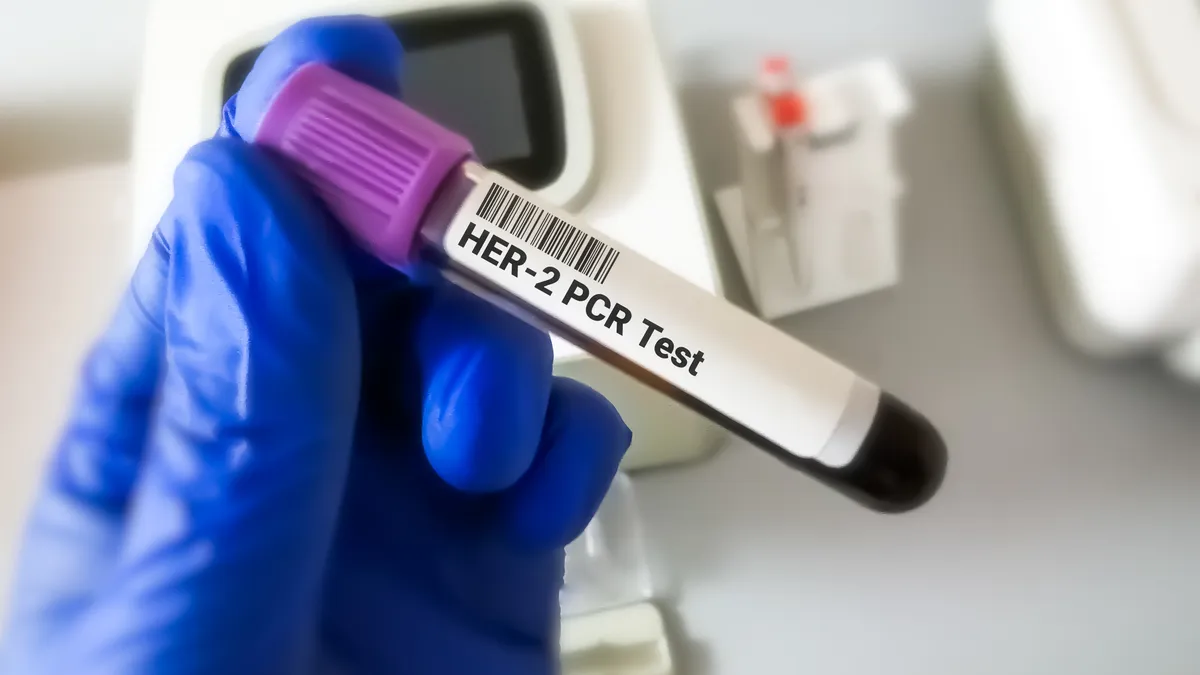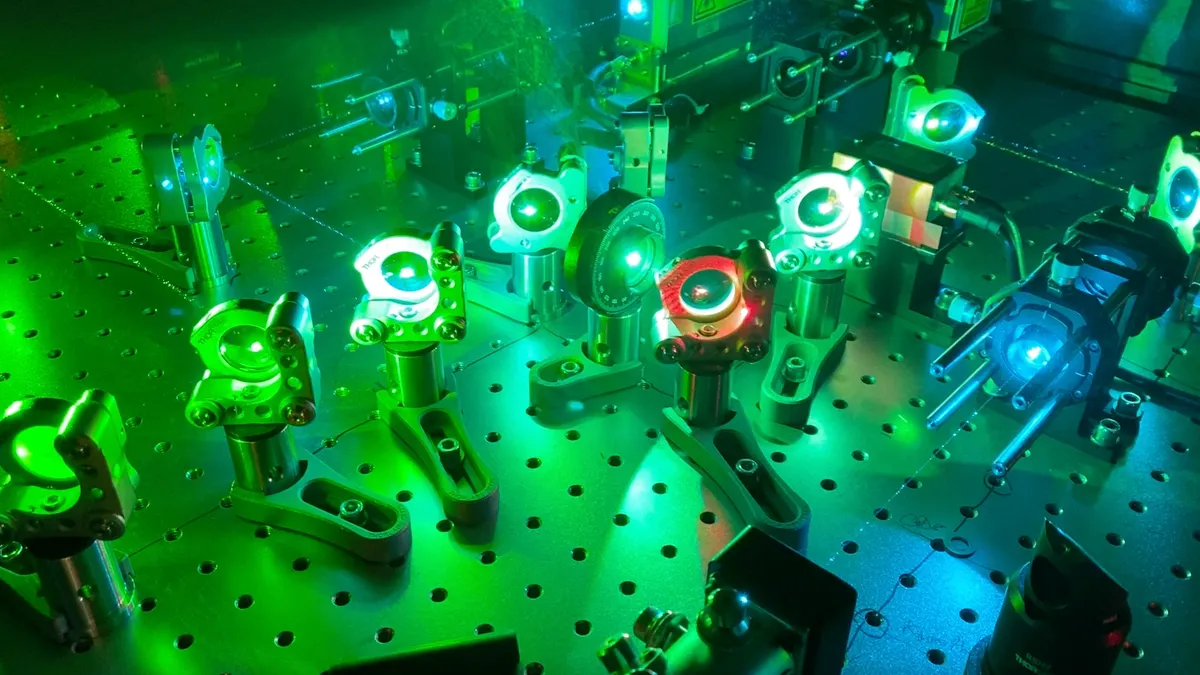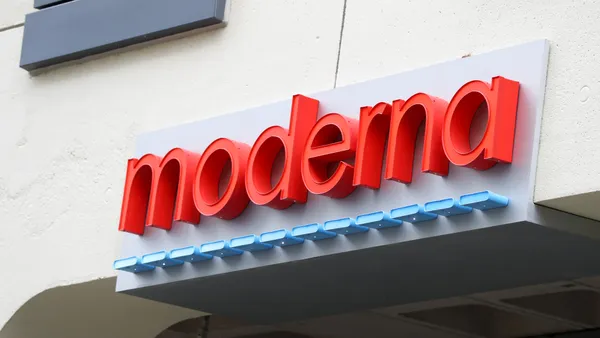Dive Brief:
- PureTech Health, a biotechnology firm with a web of startup subsidiaries, announced Tuesday the launch of a new company that will develop a respiratory disease treatment it’s been advancing through clinical testing.
- Called Celea Therapeutics, the company debuts with a drug candidate nearing late-stage trials that the company believes could treat multiple inflammatory lung diseases. Known as deupirfenidone or LYT-100, the drug is initially being evaluated against idiopathic pulmonary fibrosis, a rare and chronic condition.
- Sven Dethlefs, who has spearheaded the deupirfenidone program under PureTech over the last year, will lead Celea. Prior to joining PureTech, Dethlefs was the CEO of Teva North America, where he oversaw the company’s specialty and generic businesses in the U.S. and Canada.
Dive Insight:
PureTech is a “hub-and-spoke” biotech, a method of startup creation in which a centralized firm, or hub, spins drug programs into startup spokes. Though the approach hasn’t been fully embraced by Wall Street, it yielded a notable success for PureTech in Karuna Therapeutics, which developed the schizophrenia drug Cobenfy and sold to Bristol Myers Squibb for $14 billion.
PureTech is now working on its next wave of startups. One, Seaport Therapeutics, is being positioned as a kind of successor to Karuna. Celea, meanwhile, is carrying forward a medicine the firm believes may improve upon the standard of care for idiopathic pulmonary fibrosis.
Deupirfenidone is a chemically improved version of pirfenidone, a drug that’s used to slow disease progression by reducing the formation of scar tissue in the lungs. PureTech in December said the drug succeeded in a Phase 2b trial, slowing lung function decline compared to placebo over the course of 26 weeks. The drug showed “improved efficacy and similar to slightly better tolerability” than pirfenidone in that trial, wrote Leerink Partners analyst Faisal Khurshid, in a Tuesday note to clients.
Celea will meet with the Food and Drug Administration by the end of the third quarter to discuss the results and design of a Phase 3 trial. PureTech, as it’s done in the past, will seek outside funding to help advance the program through testing and, ultimately, commercialization.








